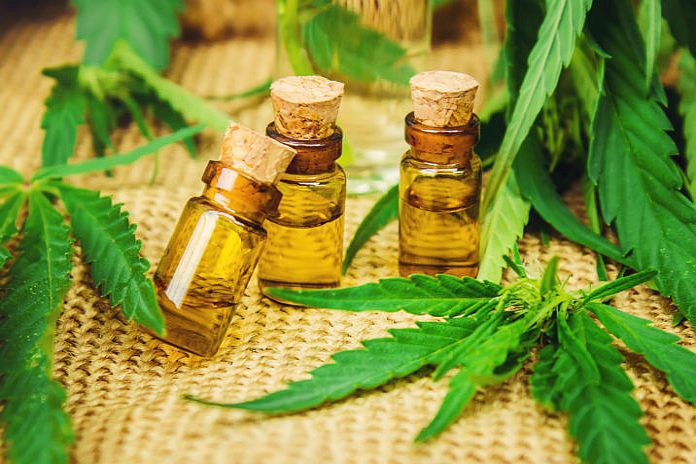NEW YORK, USA – In 2017, it was reported that 3.8 percent of the global population, [284 million people] suffered from anxiety disorders, according to Our World in Data. The number of people diagnosed with anxiety outpaced those suffering from depression, making it the most prevalent mental health disorder. In particular, the nearly 40 million US adults are affected by anxiety, however, only 36.9 percent of those diagnosed with anxiety seek treatment.
Generally, people with anxiety disorders are three to five times more likely to visit a doctor and six times more likely to be hospitalized for psychiatric disorders than those who do not suffer from anxiety disorders. The large discrepancy between people who seek treatment and those that don’t is most likely due to the cost of treatment: typically, low-cost treatments such as cognitive-behavioral therapies can cost roughly USD$100.00 or more per hour.
Moreover, some healthcare insurers do not provide coverage for certain medications, making it increasingly difficult for people suffering from anxiety to manage their symptoms. Consequently, many have decided to turn towards CBD or cannabidiol to treat their anxiety.
CBD is a compound derived from the hemp plant, which is classified under the cannabis family. Not to be confused with marijuana, hemp is the non-psychoactive portion of the cannabis plant. In the past, health regulators around the world deemed CBD to be unsafe because of its psychotropic marijuana counterpart. However, more recent, extensive research has undermined previous stereotypes regarding CBD and proved that the compound provided therapeutic benefits to consumers.
As a result, many countries began to adopt CBD-based medications in order to treat a plethora of medical conditions. And the global cannabidiol market is expected to increase from USD$ 303 million in 2018 to USD$ 2.28 billion by 2025 while registering a CAGR of 33.5 percent, according to data compiled by QY Research.
Researchers have proved that CBD can effectively be used to treat serious medical conditions such as cancer, multiple sclerosis, Alzheimer’s, Parkinson’s, depression, and anxiety. The wide-range use of CBD makes it a highly versatile treatment for a cheaper cost than traditional medications. Consumers can obtain a medical cannabis license in order to purchase their products from an authorized licensed medical vendor. And generally, prices vary between different regions.
For instance, a gram of medical-grade dried flower is approximately USD$ 7.00 to USD$ 20.00, while an ounce can range anywhere from as low as USD$ 170.00 to USD$ 375.00. Depending on the severity of the medical conditions, some patients may consume an ounce in just a few days, while others may take months to finish the same amount.
However, most consumers tend to prefer extracts or concentrates because they are much more potent and deliver the effects almost instantaneously. Nevertheless, the initial cost of cannabis oils can be quite costly. For example, a 500 mg can range anywhere from approximately USD$ 20.00 per cartridge to around USD$ 60.00 depending on the quality.
Similar to dried cannabis flowers, the usage of oils highly depends on the consumer’s tolerance. Whereas some consumers may use an entire half-gram cartridge in just a matter of a day or two, infrequent consumers may see their product last upwards of several months. On the other hand, CBD-based products such as patches, tinctures, and topicals have also become widely popular because they do not require direct consumption, as users can simply apply the patch, oil, or cream to their body.
However, despite the growing usage of CBD-based products, industry experts believe the market will hit a roadblock as regulatory frameworks continue to clear up in the next year. Nonetheless, as regulations continue to change and more regions begin to adopt CBD, the marketplace is positioned to experience exponential growth. “We anticipate most of 2019 to remain rather murky,” said Sean Murphy, director of hemp analytics at New Frontier Data. “But later this year, or in early 2020, the market will clear up as a regulatory framework is established, paving the way for top hemp CBD products to hit the shelves of mass-market retailers.”





